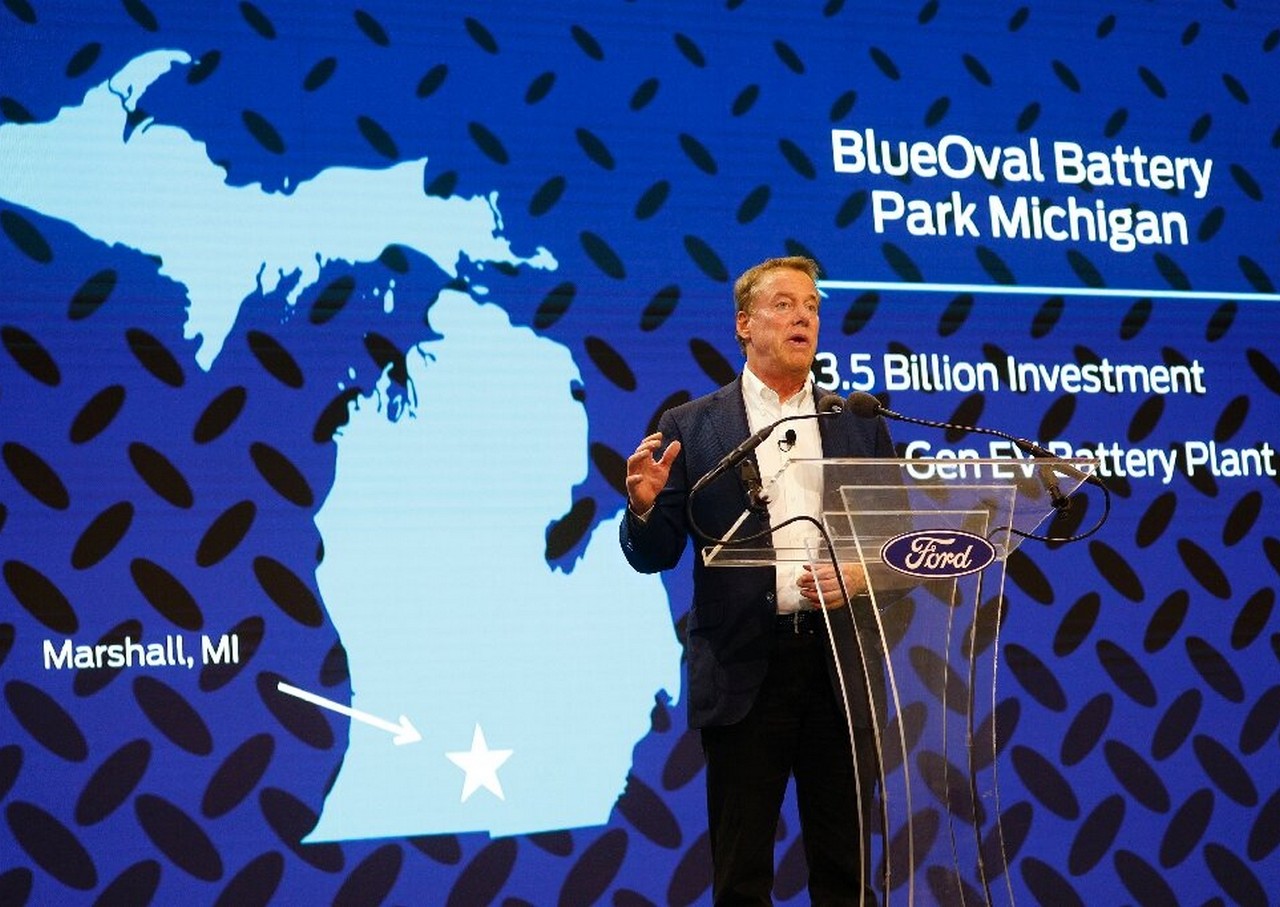As tractors turned extra refined over the previous twenty years, the massive producers allowed farmers fewer choices for repairs. Moderately than hiring unbiased restore retailers, farmers have more and more needed to look ahead to company-authorized sellers to reach. Getting repairs might take days, typically resulting in misplaced time and excessive prices.
A brand new memorandum of understanding between the nation’s largest farm gear maker, John Deere Corp., and the American Farm Bureau Federation is now elevating hopes that U.S. farmers will lastly regain the best to restore extra of their very own gear.
Nevertheless, supporters of right-to-repair legal guidelines suspect a extra sinister objective: to gradual the momentum of efforts to safe right-to-repair legal guidelines across the nation.
Beneath the settlement, John Deere guarantees to present farmers and unbiased restore retailers entry to manuals, diagnostics and elements. However there is a catch—the settlement is not legally binding, and, as a part of the deal, the influential Farm Bureau promised to not assist any federal or state right-to-repair laws.
The appropriate-to-repair motion has develop into the forefront of a pushback in opposition to rising company energy. Mental property protections, whether or not patents on farm gear, crops, computer systems or cellphones, have develop into extra intense in latest a long time and canopy extra territory, giving corporations extra management over what farmers and different shoppers can do with the merchandise they purchase.
For farmers, few examples of these company constraints are extra irritating than restore restrictions and patent rights that stop them from saving seeds from their very own crops for future planting.
How a couple of corporations turned so highly effective
The US’ market financial system requires competitors to perform correctly, which is why U.S. antitrust insurance policies have been strictly enforced within the post-World Warfare II period.
In the course of the Seventies and Eighties, nevertheless, political leaders started following the recommendation of a gaggle of economists on the College of Chicago and relaxed enforcement of federal antitrust insurance policies. That led to a focus of financial energy in lots of sectors.
This focus has develop into particularly pronounced in agriculture, with a couple of corporations consolidating market share in quite a few areas, together with seeds, pesticides and equipment, in addition to commodity processing and meatpacking. One research in 2014 estimated that Monsanto, now owned by Bayer, was chargeable for roughly 80% of the corn and 90% of the soybeans grown within the U.S. In farm equipment, John Deere and Kubota account for a few third of the market.
Market energy typically interprets into political energy, which signifies that these massive corporations can affect regulatory oversight, authorized choices, and laws that furthers their financial pursuits—together with securing extra expansive and stricter mental property insurance policies.
The appropriate-to-repair motion
At its most simple stage, right-to-repair laws seeks to guard the top customers of a product from anti-competitive actions by massive corporations. New York handed the primary broad right-to-repair legislation, in 2022, and practically two dozen states have energetic laws—about half of them focusing on farm gear.
Whether or not the product is an car, smartphone or seed, corporations can extract extra income if they will power shoppers to buy the corporate’s substitute elements or use the corporate’s unique dealership to restore the product.
One of many first instances that challenged the best to restore gear was in 1939, when an organization that was reselling refurbished spark plugs was sued by the Champion Spark Plug Co. for violating its patent rights. The Supreme Courtroom agreed that Champion’s trademark had been violated, nevertheless it allowed resale of the refurbished spark plugs if “used” or “repaired” was stamped on the product.
Though courts have typically sided with the top customers in right-to-repair instances, massive corporations have huge authorized and lobbying sources to argue for stricter patent protections. Shopper advocates contend that these protections stop folks from repairing and modifying the merchandise they rightfully bought.
The ostensible justification for patents, whether or not for gear or seeds, is that they supply an incentive for corporations to speculate money and time in growing merchandise as a result of they know that they are going to have unique rights to promote their innovations as soon as patented.
Nevertheless, some students declare that latest authorized and legislative modifications to patents are as a substitute limiting innovation and social advantages.
The issue with seed patents
The extension of utility patents to agricultural seeds illustrates how mental property insurance policies have expanded and develop into extra restrictive.
Patents have been round for the reason that founding of the U.S., however agricultural crops have been initially thought of pure processes that could not be patented. That modified in 1980 with the U.S. Supreme Courtroom resolution Diamond v. Chakrabarty. The case concerned genetically engineered micro organism that might break down crude oil. The courtroom’s ruling allowed inventors to safe patents on residing organisms.
Half a decade later, the U.S. Patent Workplace prolonged patents to agricultural crops generated by transgenic breeding methods, which inserts a gene from one species into the genome of one other. One outstanding instance is the insertion of a gene into corn and cotton that allows the plant to provide its personal pesticide. In 2001, the Supreme Courtroom included conventionally bred crops within the class eligible for patenting.
Traditionally, farmers would save seeds that their crops generated and replant them the next season. They may additionally promote these seeds to different farmers. They misplaced the best to promote their seeds in 1970, when Congress handed the Plant Selection Safety Act. Utility patents, which grant an inventor unique proper to provide a brand new or improved product, are much more restrictive.
Beneath a utility patent, farmers can now not save seed for replanting on their very own farms. College scientists even face restrictions on the type of analysis they will carry out on patented crops.
Due to the clear modifications in mental property protections on agricultural crops through the years, researchers are capable of consider whether or not these modifications correlate with crop improvements—the first justification used for patents. The brief reply is that they don’t.
One research revealed that corporations have used mental property to reinforce their market energy greater than to reinforce improvements. In reality, some vegetable crops with few patent protections had extra varietal improvements than crops with extra patent protections.
How a lot does this price farmers?
It may be troublesome to estimate how a lot patented crops price farmers. For instance, farmers may pay extra for the seeds however get monetary savings on pesticides or labor, and so they may need increased yields. If market costs for the crop are excessive one yr, the farmer may come out forward, but when costs are low, the farmer may lose cash. Crop breeders, in the meantime, envision substantial income.
Equally, it’s troublesome to calculate the prices farmers face from not having a proper to restore their equipment. A machine breakdown that takes weeks to restore throughout harvest time might be catastrophic.
The nonprofit U.S. Public Curiosity Analysis Group calculated that U.S. shoppers might save US$40 billion per yr if they might restore electronics and home equipment—about $330 per household.
The memorandum of understanding between John Deere and the Farm Bureau could also be a step in the best route, however it’s not an alternative choice to right-to-repair laws or the enforcement of antitrust insurance policies.
Offered by
The Dialog







